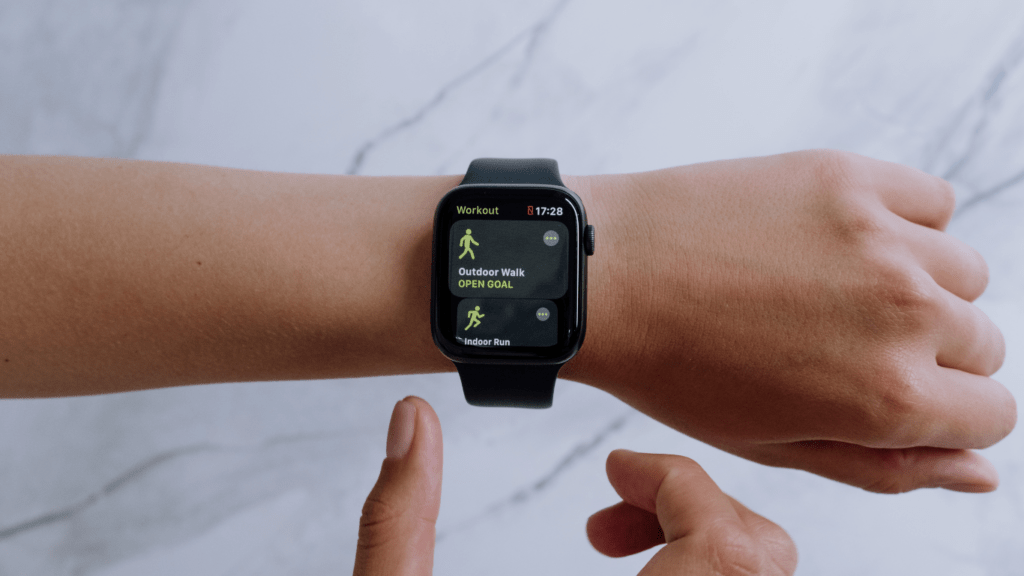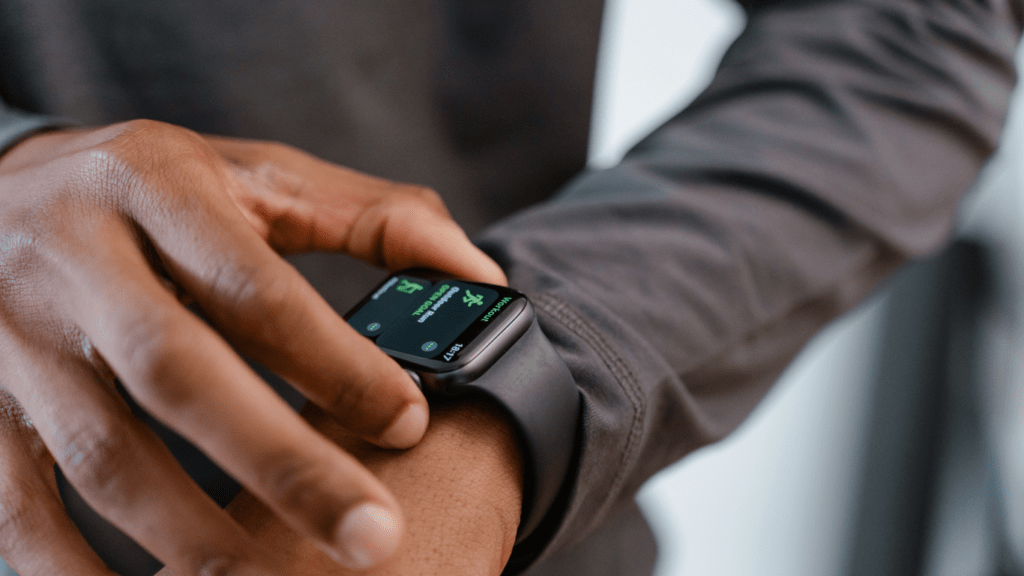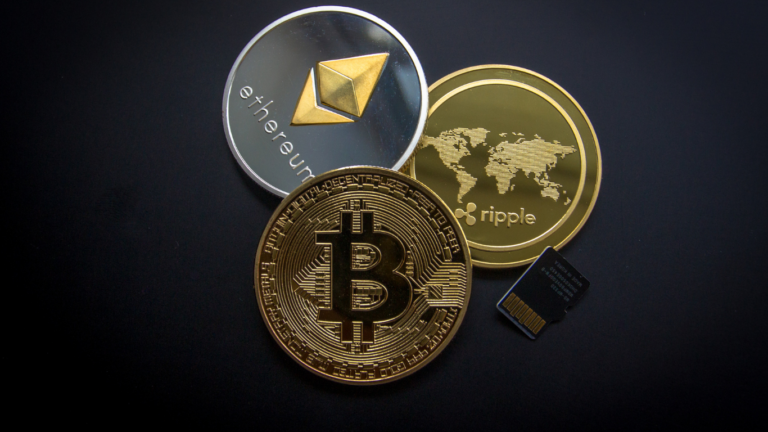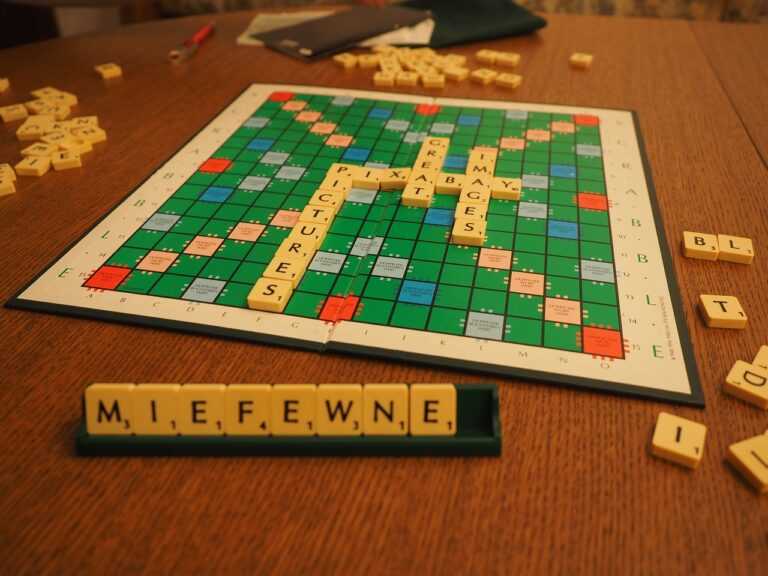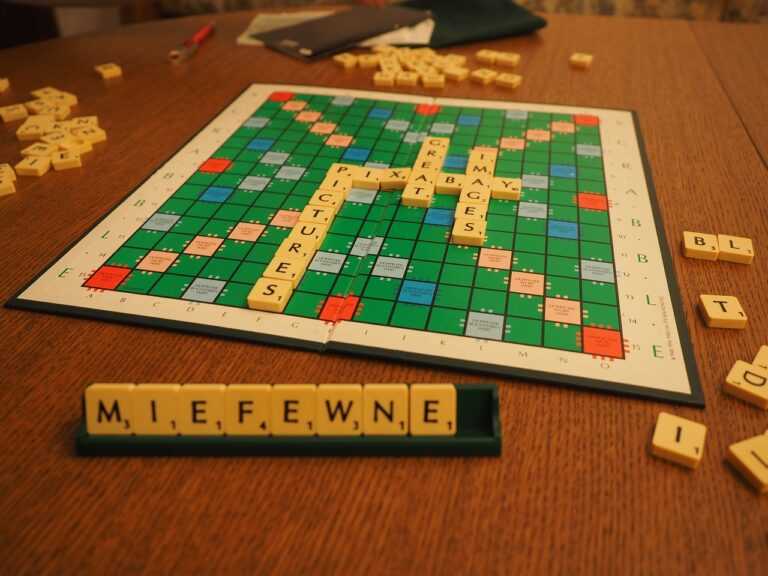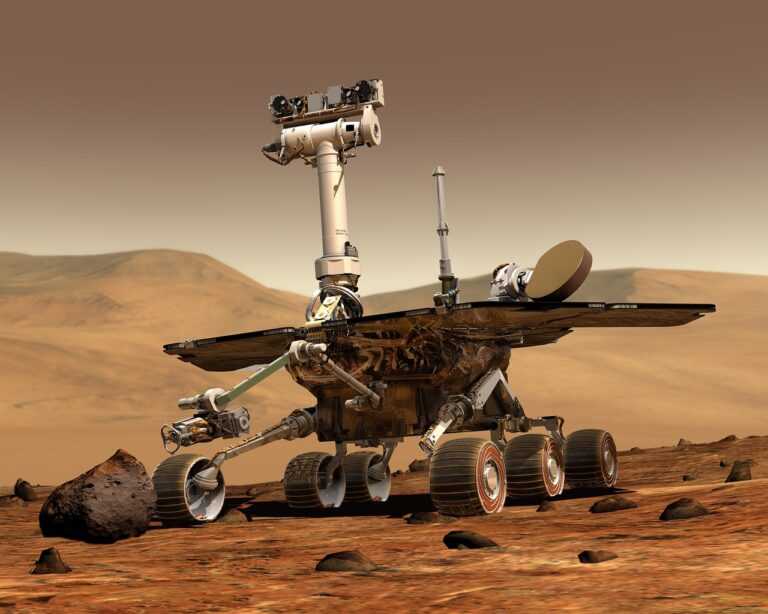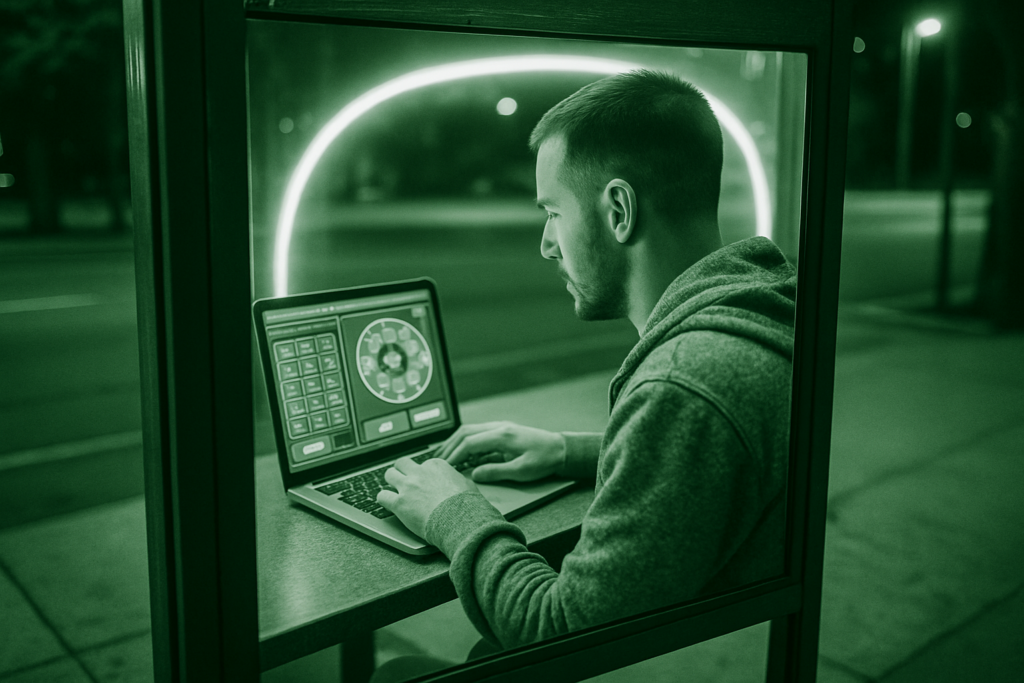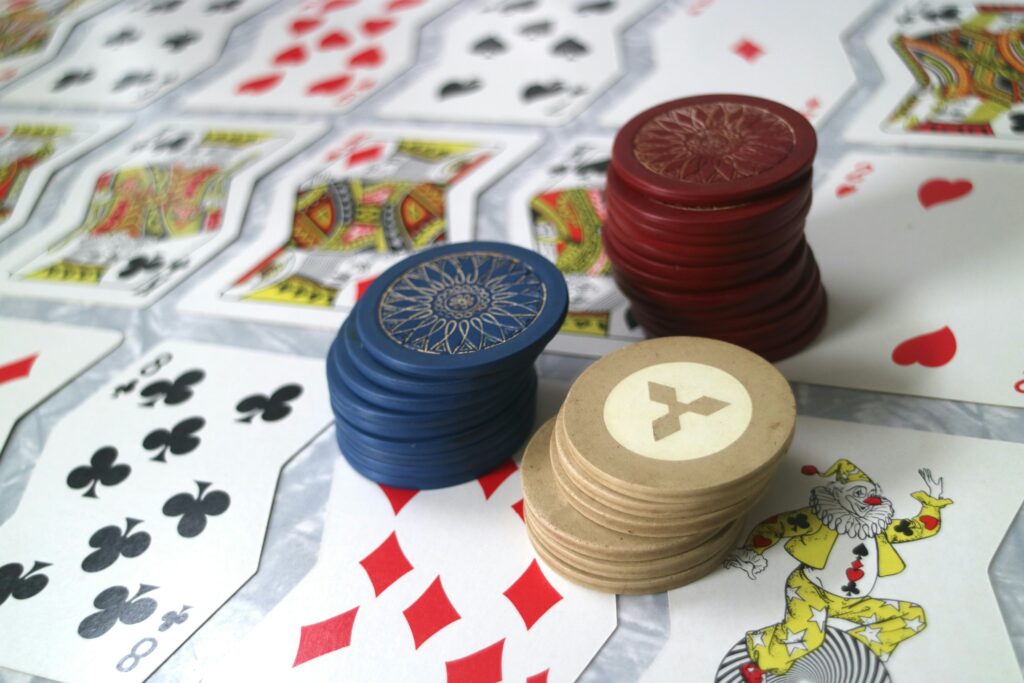In the realm of gambling, the convergence of physical and digital spaces has been revolutionized by the advent of IoT devices. As a seasoned expert in the field, I’ve witnessed firsthand the transformative power of these interconnected technologies.
IoT devices are seamlessly integrating the once distinct worlds of brick-and-mortar casinos and online gambling platforms, offering a new level of convenience and engagement for players. Through my years of experience, I’ve seen how IoT devices are reshaping the gambling landscape, blurring the lines between virtual and real-world experiences.
From smart casino tables to wearable gadgets that enhance the gaming experience, these devices are redefining how we interact with traditional gambling environments. Join me as we delve deeper into the exciting realm of IoT devices and their role in bridging physical and digital gambling spaces.
Exploring the Impact of IoT Devices in Gambling
In the realm of gambling, IoT devices have revolutionized the way players interact with both physical and digital platforms. IoT technologies, like smart casino tables and wearable gadgets, have significantly enhanced player engagement and convenience, bridging the gap between traditional brick-and-mortar casinos and online gambling sites.
IoT devices in gambling not only offer players a more immersive experience but also provide data-driven insights for operators to enhance customer service and tailor offerings to individual preferences.
These devices collect real-time data on player behavior, preferences, and performance, allowing casinos to personalize the gaming experience and optimize operations. By leveraging IoT devices, gambling establishments can create tailored marketing strategies, offer personalized promotions, and improve overall customer satisfaction.
The seamless integration of physical and digital gambling spaces through IoT technologies opens up new possibilities for the industry, enhancing the overall gaming experience for players and operators alike.
Evolution of Traditional Gambling Spaces
Transition to Digital Platforms
Traditional gambling spaces have seen a significant evolution with the integration of IoT devices. The transition to digital platforms has revolutionized the way players interact with casinos. From physical slot machines to virtual games, the shift towards digitalization has enabled a seamless and convenient gambling experience for enthusiasts.
By leveraging IoT technologies, casinos have bridged the gap between traditional and online gambling, offering players a diverse range of options that cater to their preferences.
Integration of IoT Devices in the Gambling Industry
Exploring the integration of IoT devices in the gambling industry unveils a realm of innovation and transformation. IoT technologies, ranging from smart casino tables to wearable gadgets, have revolutionized player experiences, enhancing engagement and convenience.
By harnessing real-time data on player behavior, preferences, and performance, casinos can refine customer service, tailor offerings, and develop personalized marketing strategies. This data-driven approach not only elevates player satisfaction but also empowers operators to optimize operational efficiency and drive revenue growth.
The convergence of physical and digital gambling spaces through IoT devices marks a paradigm shift in the industry. Players now enjoy a seamless and personalized gambling experience that transcends traditional boundaries.
Leveraging IoT technologies, casinos offer a diverse array of options that cater to individual preferences, blurring the lines between physical and online gambling realms. This fusion of technologies opens new avenues for innovation, inviting stakeholders to explore the dynamic landscape of connected gambling environments.
Challenges and Concerns Surrounding IoT Devices in Gambling
Navigating the integration of IoT devices in the gambling industry presents various challenges and raises significant concerns that must be addressed to ensure a seamless and secure gambling experience for players and operators alike.
- Data Security and Privacy Risks: Ensuring the security and privacy of sensitive player data collected by IoT devices is a paramount concern. Unauthorized access or breaches could compromise players’ personal information and financial data, leading to severe consequences for both players and casinos.
- Regulatory Compliance Challenges: Adhering to stringent regulations concerning data protection, fair play, and responsible gambling poses a challenge for casinos implementing IoT devices. Compliance with diverse regulatory frameworks requires continuous monitoring and adaptation to ensure legal compliance across jurisdictions.
- Reliability and Technical Issues: Maintaining the seamless operation of IoT devices within the dynamic gambling environment is essential. Technical issues, such as connectivity disruptions or device malfunctions, can disrupt gameplay, leading to player dissatisfaction and operational inefficiencies.
- Ethical Implications and Addiction Risks: The use of IoT devices in gambling raises ethical concerns regarding player privacy, data utilization, and addiction risks. Casinos must balance the benefits of personalized experiences with the potential harm of exacerbating gambling addiction through targeted behavioral insights.
Addressing these challenges and concerns surrounding IoT devices in gambling requires a proactive approach focused on robust data security measures, regulatory compliance frameworks, technical reliability optimizations, and ethical considerations to uphold player trust and industry integrity.
